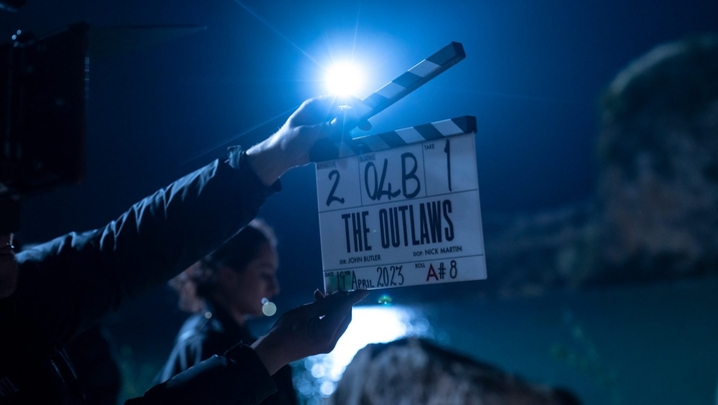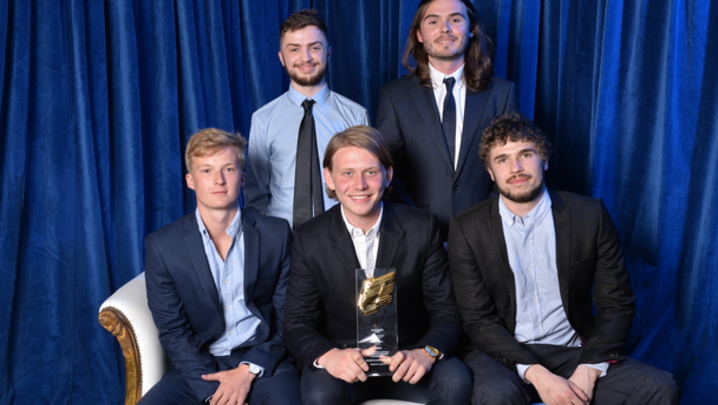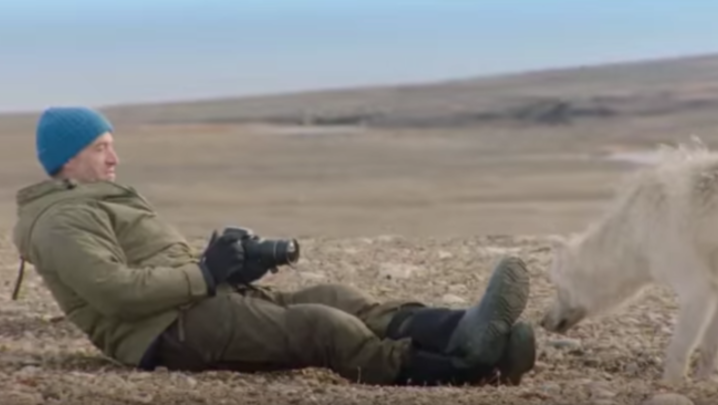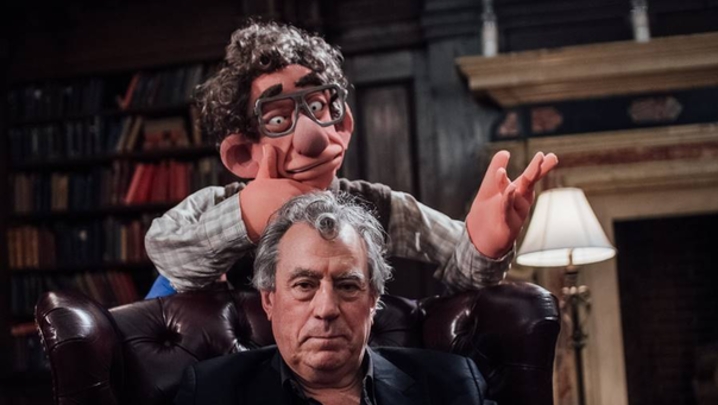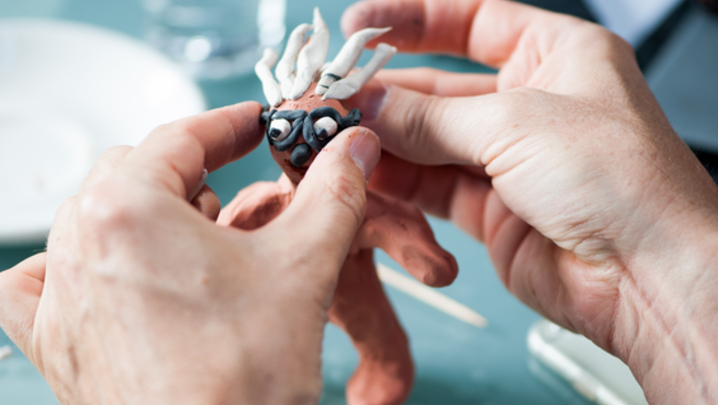The Bristol Centre hosted Mandy Rose, Creative Director Multiplatform, BBC Wales and a leading authority on collaborative film making on-line. (Voices, My Science Fiction Life and the Capture Wales Digital Storytelling Project)She co-founded BBC 2’s Video Nation back in 1994 which represented a new and refreshing template for films encouraging contributors to become collaborators in the production process.
As web based media grew in popularity, it was a natural progression for Mandy to take her simple template of empowering the film’s subjects to create new formats that fit within the interactive space of the internet.
Paradoxically she takes her inspiration from the past in the form of Jean Rouch’s ‘Chronicle of a Summer’. Half a century after it was filmed it still resonates amongst this generation of film makers as a powerful and ambitious work that gave away control in the ‘cinema verite’ tradition.
Mandy addressed the semantic difference between autiobiographical and authorial films and the ones she is experimenting with that foreground the production process and where editorial control is shared on a transparent basis between producer and colloborator. (We no longer talk about a film’s subject, or contributor.)
Rouch is famous for saying that his films were not ‘a story of what would have happened if the camera hadn’t been there, but what happened because the camera was there.’ This overt (almost Big Brother) referencing of the medium itself is what inpires Mandy to produce experimental dialogues online with individuals that may in time become collaborators.
This isn’t citizen media in its traditional invitingthose needing a window to show-off their lives. There does exist an element of control and editorial shaping of the outcome.SIt’s the transparency of terms of engagement, not necessarily the equality of contributions or power within the production process that’s importantT, Mandy reminds us. ‘Video Nation’ broke new ground on editorial policy by insisting for the first time in BBC history that its colloborators had a veto. SThis allowed us to work openly with people while still bringing an editorial sensibility to the package.T
Mandy showed the group popular innovations on YouTube that inpire her own thinking. One example was a top-rated short film called ‘The Message’ built from a series of prod-user clips sent to the director with up-lifting words scribbled on palms of hands set to a music track which builds to a crescendo. http://www.youtube.com/watch?v=Z-BzXpOch-E It’s an incredibly simple format which works well within the on-line environment.
As a newly appointed Senior Research Fellow for the University of the West of England, Mandy has started rounding up her next batch of on-line collaborators for her new ‘Collab-docs’ project. She introduced the audience to her basic principles of participation. SThere needs to be a simple, clear call to action on the web site, the power of a simple on-line template is essential. Also, you can’t do it all online, there needs to be human contact along the way.T
Questions from the audience pursued the ethical problem of exploiting people’s lives, creativity and ideas without payment. Mandy responded talking about how the creative commons licence had helped go some way towards sharing the rewards of production and quoting Linus Torvald, creator of one of the most prominent examples of free and open source software, who said ‘everyone scratches their own itch’. Or to put it another way, we all do things for diverse and complicated reasons and money isn’t always the driving factor. It is ethical as long as the terms of engagement are explicit and jointly owned.
The web is partly based around the principles of the gift economy and that’s what has made sites such as Wikipedia far more popular and more accurate than Encyclopeadia Britannica. Where and how the film maker intercedes and establishes herself within the online community is still up for grabs. The future would suggest that new forms of online film making will not displace traditional broadcast practices, but they might change them and help re-imagine them.
By Janet Jones


